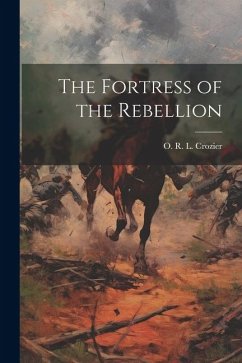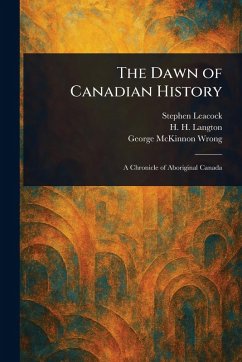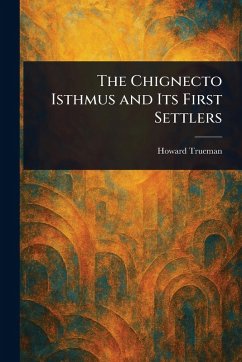
The Great Fortress
Versandkostenfrei!
Versandfertig in über 4 Wochen
16,99 €
inkl. MwSt.
Weitere Ausgaben:

PAYBACK Punkte
8 °P sammeln!
"The Great Fortress: A Chronicle of Louisbourg 1720-1760," by William Wood, vividly recounts the dramatic history of Louisbourg, New France, and its pivotal role in the conflicts between France and Britain for control of North America. This volume from the "Chronicles of Canada" series focuses on the imposing fortifications of Louisbourg and the relentless sieges that defined its existence. Explore the strategic importance of this great fortress and its impact on the French and Indian War. From its construction to its ultimate fall in 1758, this meticulously researched historical account detai...
"The Great Fortress: A Chronicle of Louisbourg 1720-1760," by William Wood, vividly recounts the dramatic history of Louisbourg, New France, and its pivotal role in the conflicts between France and Britain for control of North America. This volume from the "Chronicles of Canada" series focuses on the imposing fortifications of Louisbourg and the relentless sieges that defined its existence. Explore the strategic importance of this great fortress and its impact on the French and Indian War. From its construction to its ultimate fall in 1758, this meticulously researched historical account details the events and challenges surrounding Louisbourg. A vital read for anyone interested in Canada's pre-confederation history and the naval and military strategies that shaped the continent's destiny. Experience the past through this compelling chronicle of a critical chapter in Canadian history. This work has been selected by scholars as being culturally important, and is part of the knowledge base of civilization as we know it. This work is in the public domain in the United States of America, and possibly other nations. Within the United States, you may freely copy and distribute this work, as no entity (individual or corporate) has a copyright on the body of the work. Scholars believe, and we concur, that this work is important enough to be preserved, reproduced, and made generally available to the public. We appreciate your support of the preservation process, and thank you for being an important part of keeping this knowledge alive and relevant.







![A Forgotten Fortress [microform]: the Old Crow Wing Trail: Some Very Old Inhabitants: the King's Highway Cover A Forgotten Fortress [microform]: the Old Crow Wing Trail: Some Very Old Inhabitants: the King's Highway](https://bilder.buecher.de/produkte/64/64364/64364364n.jpg)






